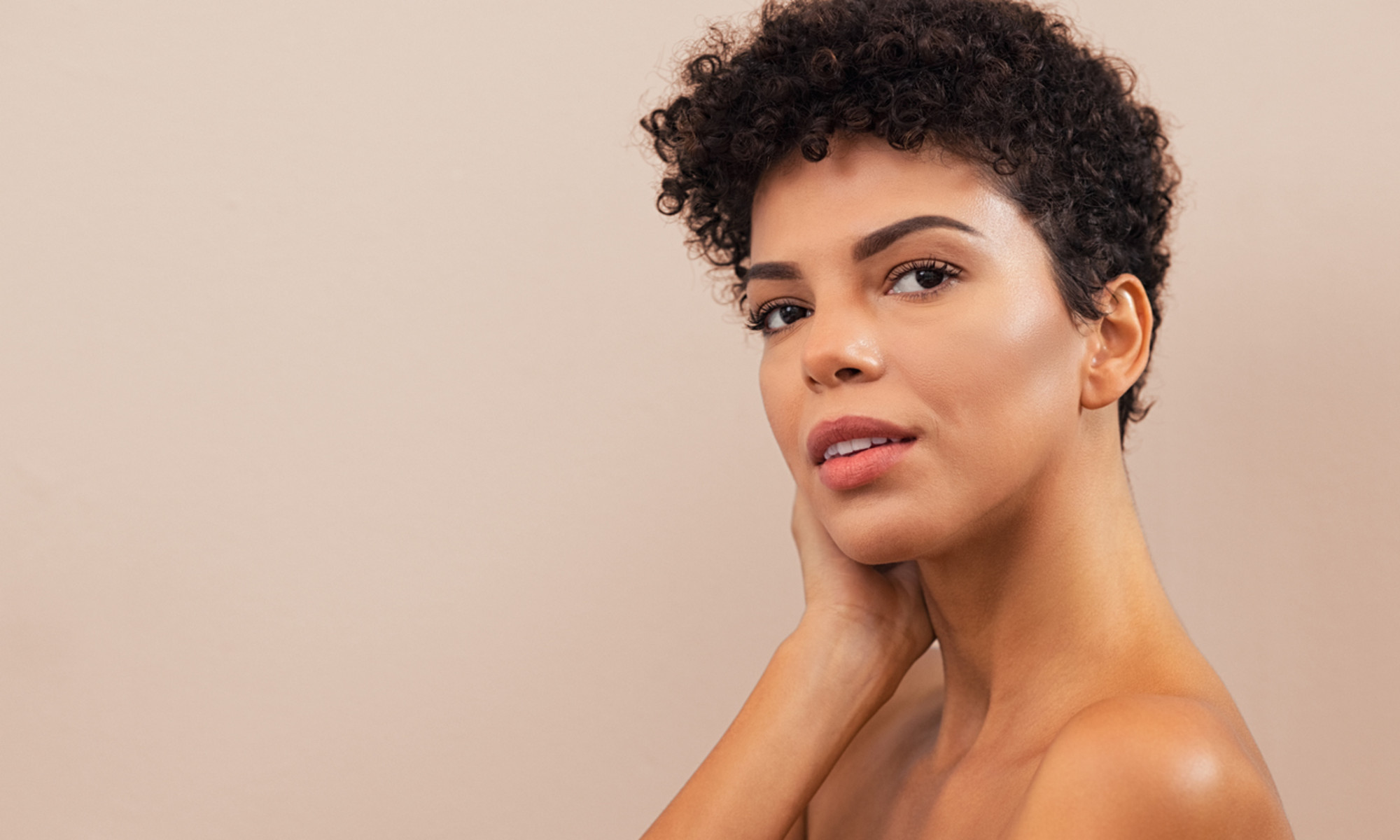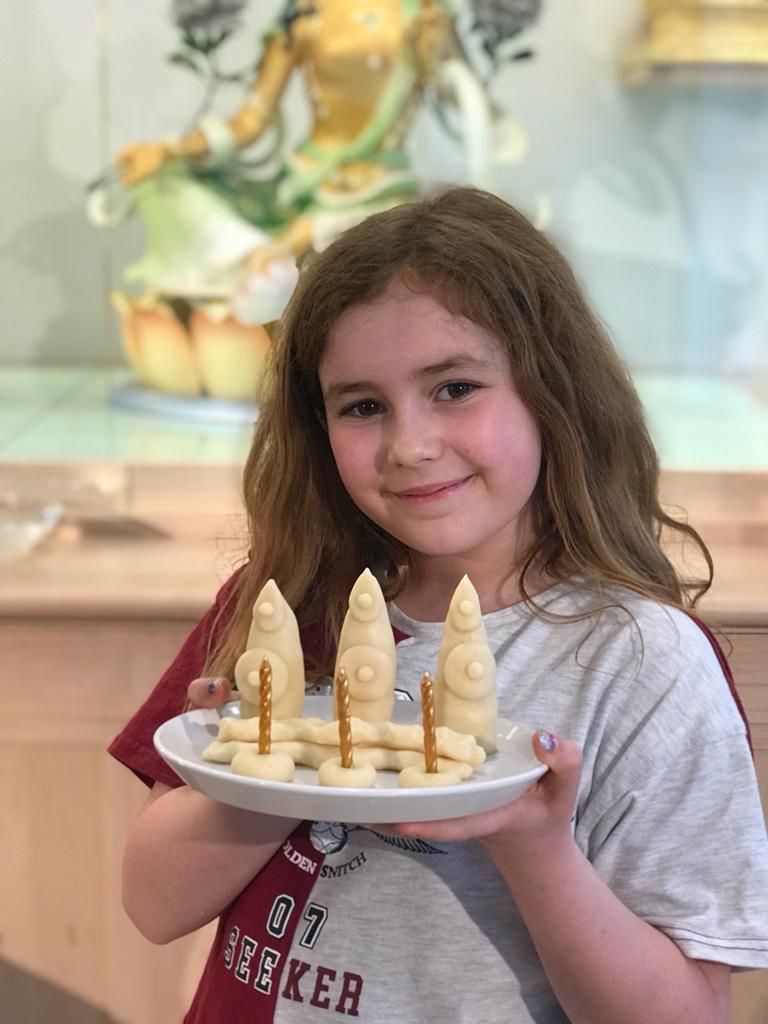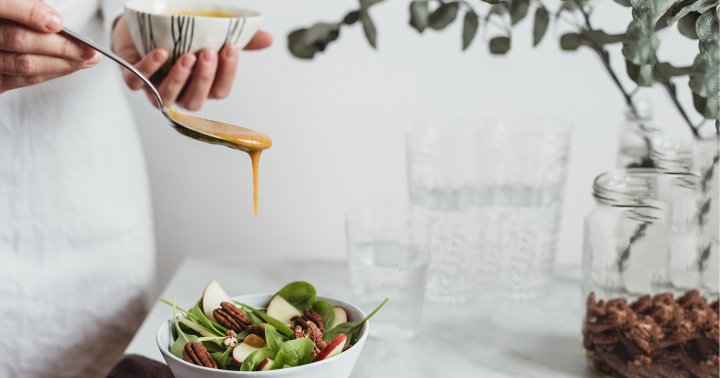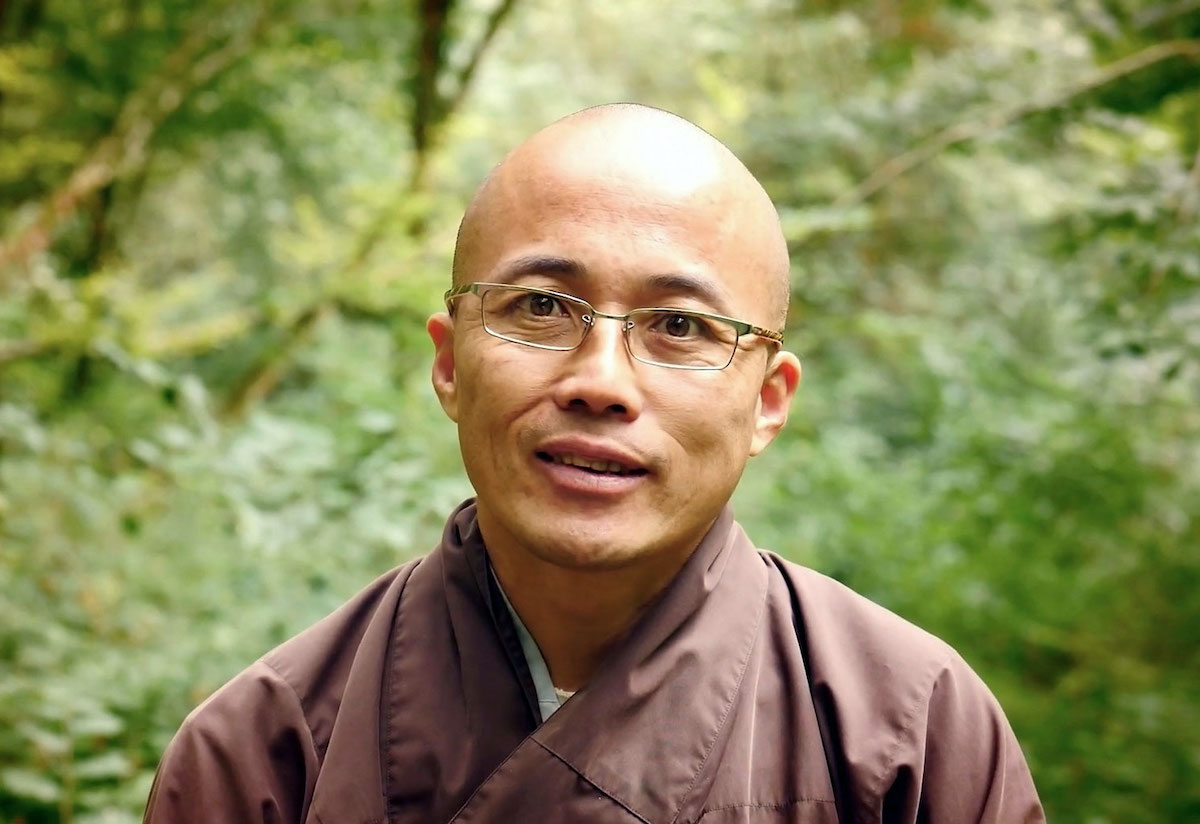I’m A Lifestyle Dermatologist & Here’s 3 Things I Swear By For Glowing Skin
In this episode of Clean Beauty School, I chat with derm Naana Boakye about her best tips to treat acne—from stress to topicals.


mbg Beauty Director
mbg Beauty Director
Alexandra Engler is the beauty director at mindbodygreen and host of the beauty podcast Clean Beauty School. Previously, she's held beauty roles at Harper's Bazaar, Marie Claire, SELF, and Cosmopolitan; her byline has appeared in Esquire, Sports Illustrated, and Allure.com.
Image by Ridofranz / iStock December 6, 2022 Our editors have independently chosen the products listed on this page. If you purchase something mentioned in this article, we may “Health is wealth. Without your health, you can’t do anything. And it's a job to stay healthy. That’s why you need a team and partnerships to help you,” says board-certified dermatologist Naana Boakye, M.D. Boakye considers herself a lifestyle derm, which means she focuses on nutrition, mental health, and day-to-day choices—not just topicals or prescriptions. “Radiant skin is a lifestyle.” In this episode of Clean Beauty School, I chat with Boakye about why it’s so important to find a skin care pro (or team of them!) you trust—plus all the lifestyle habits she tells patients to adopt for clearer, more youthful-looking skin. 
Advertisement
This ad is displayed using third party content and we do not control its accessibility features.
The episode is chock-full of actionable advice, but as a preview—here are three skin care habits you can implement now.Have a go-to stress management tool.
Stress is a huge contributor to acne if you’re genetically predisposed to it—consider it public enemy number 1. (This is thanks to the hormonal reaction stress triggers—you can read about stress’s effect on skin and acne here.)
“If you don't manage your stress levels, then you're always gonna have some form of acne. And acne is a spectrum—these breakouts could be whiteheads, blackheads, cyst and everything in the between,” she says. “So it's really key to manage stress levels—and managing stress levels also helps with other skin conditions too.”
Some of her favorite ways: Monthly massages if you can afford it, acupuncture, self acupressure, and 4-7-8 breathing. It’s worth noting that the latter two are totally free: “There are a lot of things you can do to manage stress,” she says. “Yes, there are things that you can pay for, but then there are a lot of things that you can just do on your own that work too.”
Your skin barrier needs rest days too
“It’s important that the skin barrier stays healthy too. When the barrier is disrupted, then it becomes more inflamed and that exacerbates the acne,” she says. “And a lot of our acne medications are irritating. So it can be complicated to balance the two.”
She says that it’s best to keep it simple elsewhere in the routine, and then use your strong acne-fighting ingredients (like retinoids, AHAs, and BHAs) as tolerated. “Give your skin rest days,” she says. Take it from the derm herself: “I can only tolerate a retinoid once or twice a week,” she says.
Advertisement
This ad is displayed using third party content and we do not control its accessibility features.
Eat 30 plants a week
One of the best ways you can support your gut microbiome (and therefore your skin health—the gut and skin1 are deeply intertwined) is to eat a wide variety of plants, notes Boakye. To do so, she actually practices the 30 plant challenge weekly, where you eat 30 different plants every week.
“I eat lots of fruits, legumes, and vegetables throughout the day, and try to eat a diversity of plants Monday through Friday,” she says. “It’s really not that hard if you think about it: In a day I’ll eat cilantro, parsley, garlic, onions, and tomatoes. I do this five times a day with different plants—five times six days, and you’re already at 30. That’s not too bad.”

 Tekef
Tekef -v1646695196476.jpg?1148x800)
































